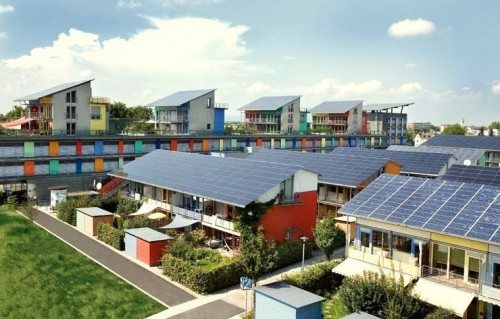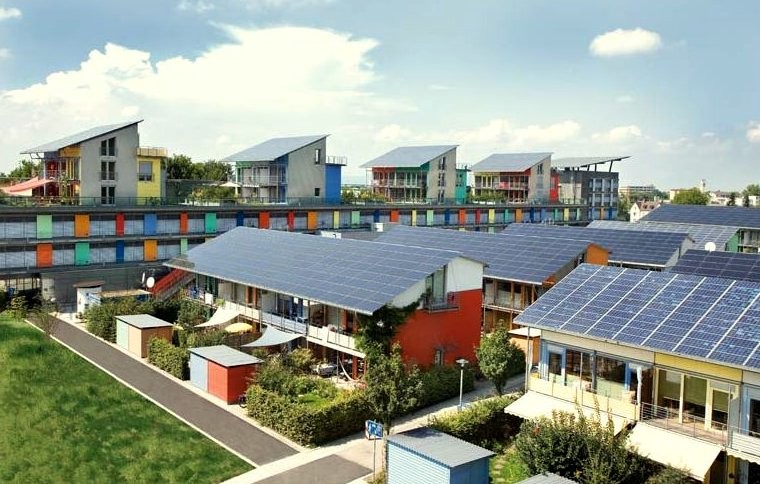RECOMMENDED VIDEOS

BIOGNVAL: Converting wastewater into liquid biofuel, a…
SUEZ

HMX-PCU-F: fresh air pre-cooling
A.T.E. Enterprises Private Limited

LUXEN--From the Nature,for the Future
LUXEN SOLAR ENERGY CO.,LTD.

Snowy Hydro - Scheme Modernisation
Snowy Hydro Limited

Ground Mount for Clark PUD Solar Community Project
SunModo Corp.
Related Stories
The largest solar farm apiary in the US opens this week
The City of London will be powered with 100% renewable energy by October 2018
New study suggests that plastic waste may be transformed into usable energy
Uravu’s zero-electricity Aqua Panels produce gallons of water from thin air
104% of Portugal’s electricity consumption in March came from renewable energy
06 Dec, 2016

What can Australia learn from Germany's remarkable energy transition?
Renewable Energy & Energy Efficiency | GERMANY | 06 Dec, 2016
Published by : Eco Media Asia
Germany is on track to achieve its 80 per cent renewable energy target by 2050, thanks to policy measures favouring the transition to clean energy. As Australia reviews its own electricity market, RMIT University's Anne Kallies talks about lessons from the German experience.

Rooftop solar panels in Freiburg, Germany. Renewable energy makes up 30 per cent of Germany's national energy mix.
The Finkel review of the National Electricity Market is an opportunity to consider how Australia can transition its electricity system to be less carbon-intensive.
Germany’s energy transition is often held up as an incredible success story. Starting from a sector relying predominantly on fossil fuels and nuclear energy in the 1990s, renewable energy now provides about 30 per cent of Germany’s electricity.
Germany is on track to achieve its 80 per cent renewable target by 2050. This transformation has been the result of a range of policy measures.
The depth and breadth of these legal and regulatory reforms can provide valuable lessons for Australia.
Strong policy
Energy policy and climate policy have been expressly integrated in Germany since 2007. The government’s Energy Concept sets out Germany’s energy policy until 2050 with a strong focus on transforming the energy system.
It contains short, medium, and long-term targets for reducing greenhouse gases, increasing renewable energy, and improving energy efficiency in consumption, the building and transport sectors. While target-setting in a policy document may seem no more than a political gesture, it shows ambition and leads to political pressure for action. The policy targets for renewable energy are also binding as objectives in the German Renewable Energy Sources Act.
Notably, German legislation for the electricity industry, the Electricity Industry Act 2005, picks up on the ambition of transforming the energy system. It provides that electricity supply should not only be “cost-effective, consumer-friendly and efficient”, but also “environmentally compatible” and “increasingly generated from renewable sources”.
While the reference to environmental compatibility was already contained in the 1998 law, the express reference to renewables was added in 2011.
